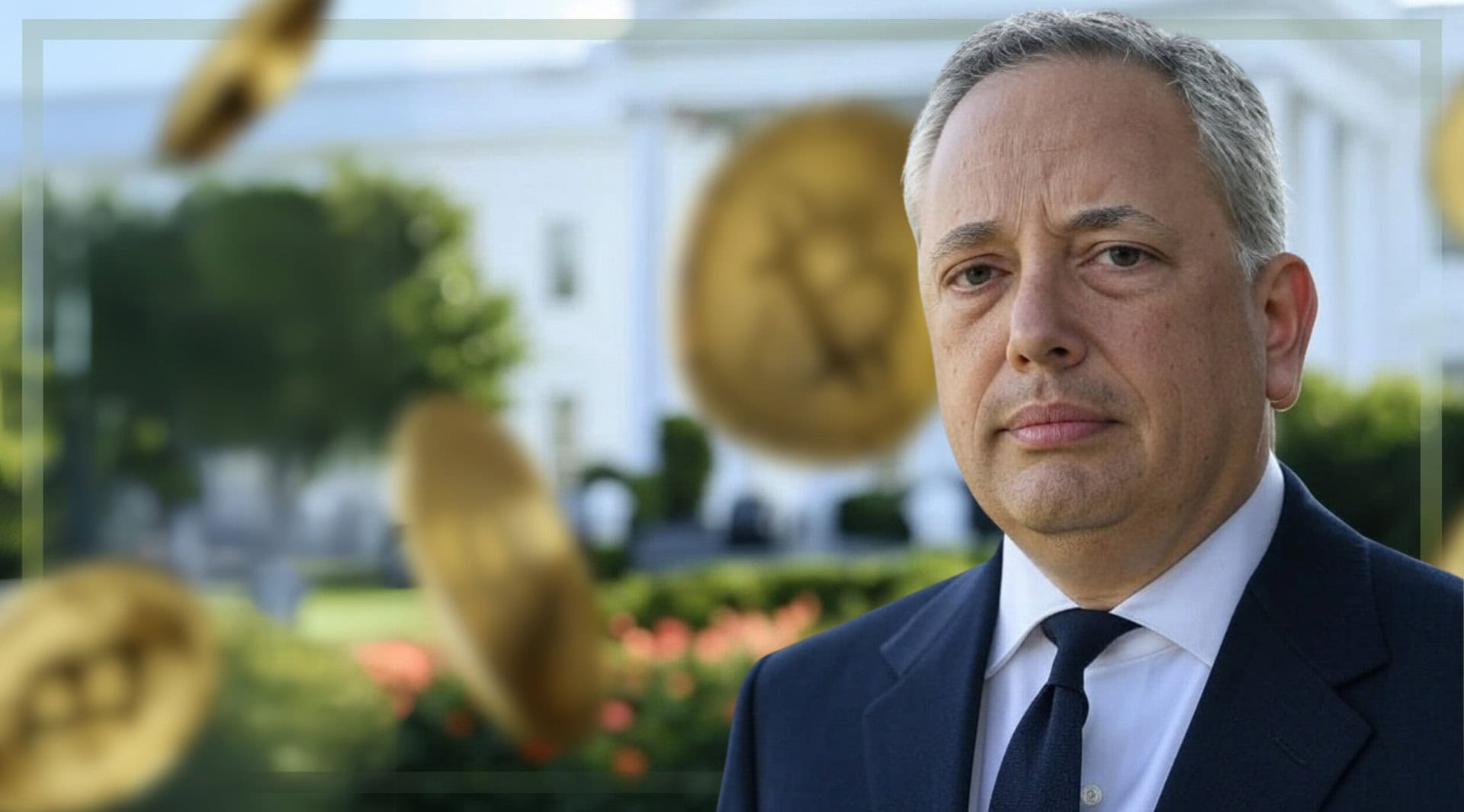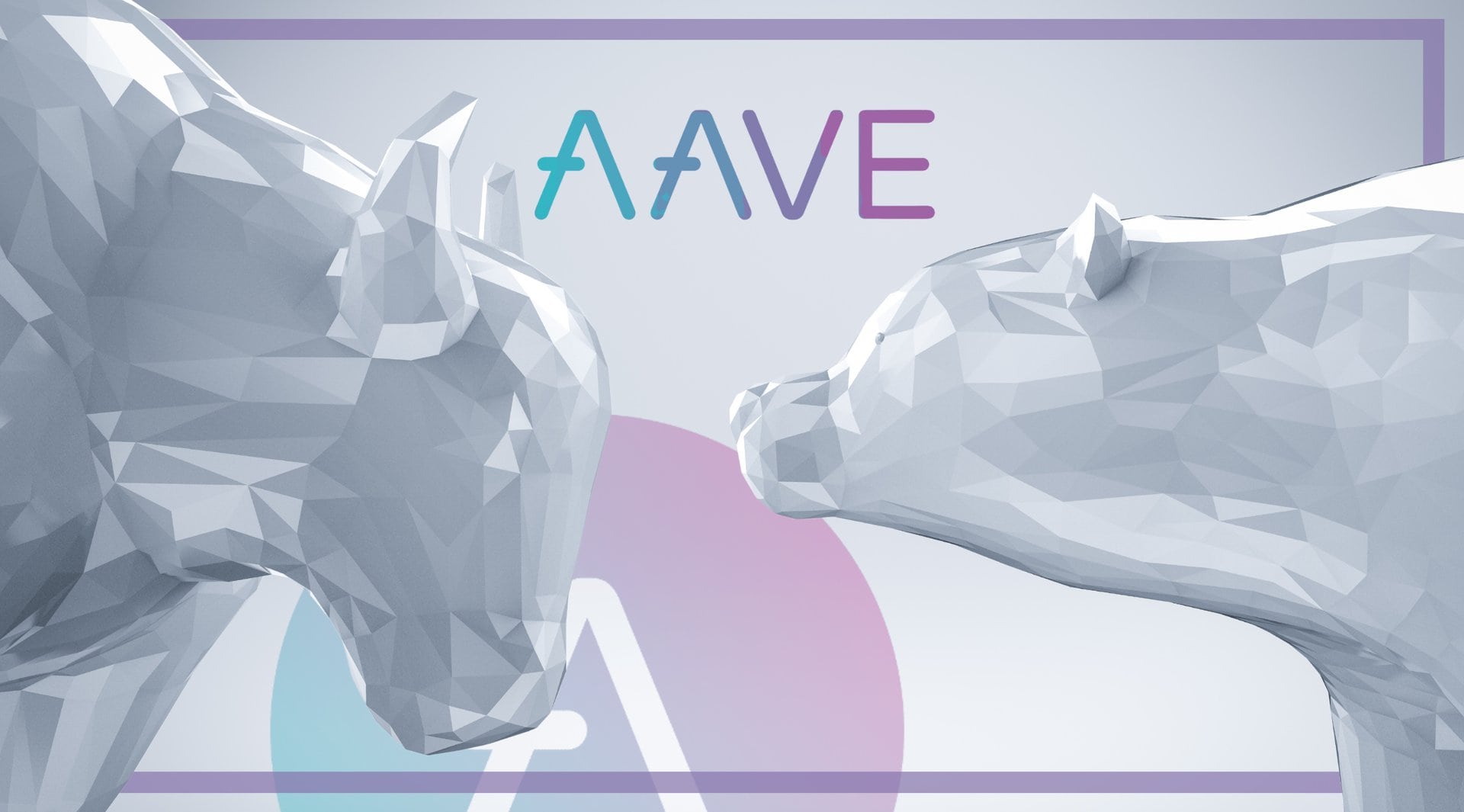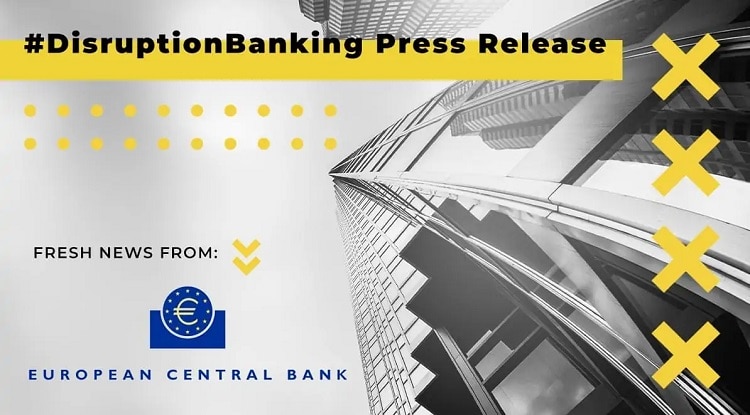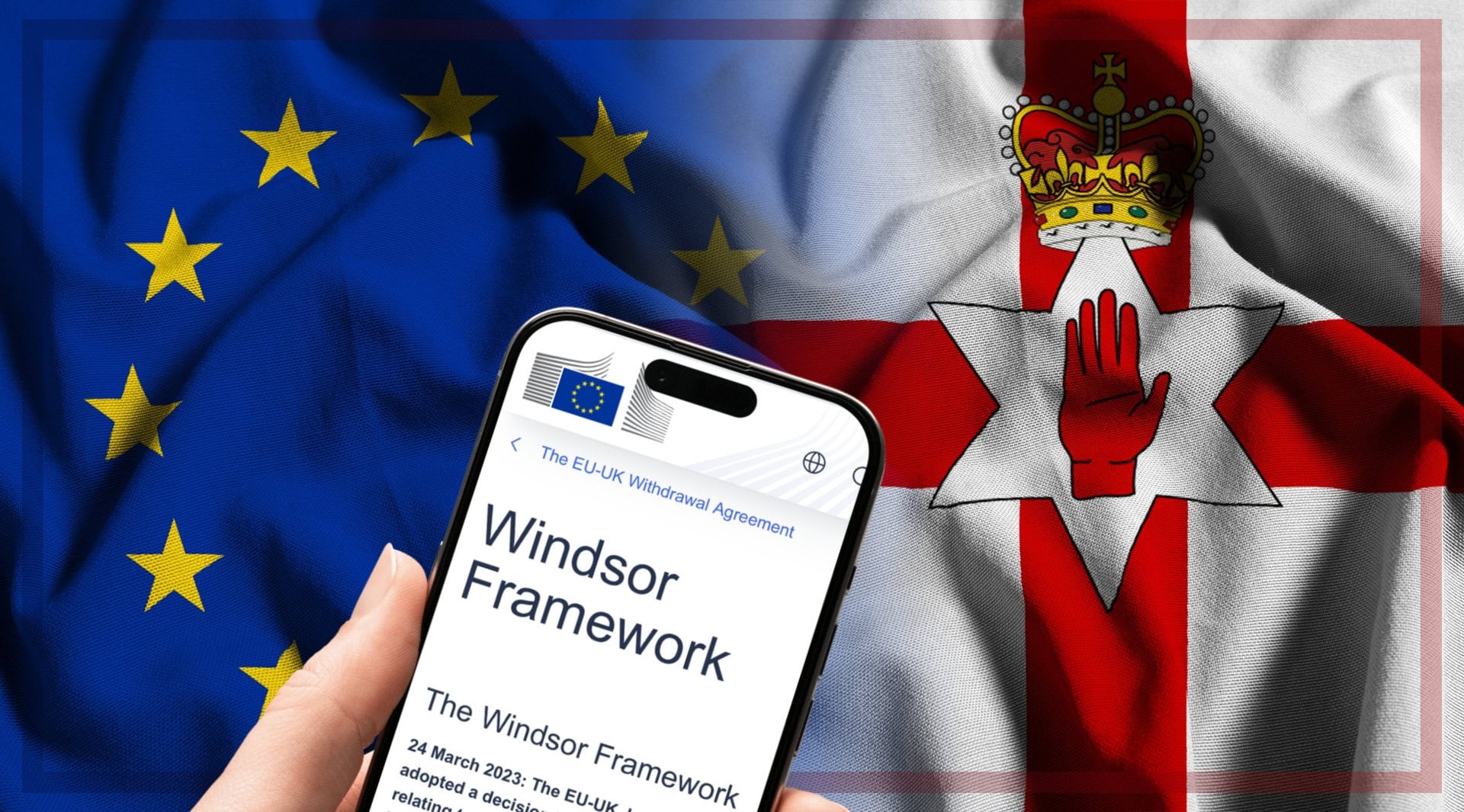The demand for digital forms of identification is picking up. Calls for it to replace credit agencies Is beginning to be conceptualized. Can a new concept called ‘SoulBound Tokens’ be used to solve a problem in wider society?
Ethereum co-founder Vitalik Buterin is pioneering a decentralized society (DeSoc), which he believes is achievable through a non-transferable NFT called a SoulBound token (SBT). The concept of a SoulBound token is to have all identification on encrypted non-transferable NFTs, in essence preventing fabrication of certificates, jobs etc. For example, if you say you have a degree from a University, the University will transfer from their private wallet a SBT of a degree to your wallet.
Soulbound token, introduced by Vitalik Buterin early this year, is believed to be the next big thing after NFT.
— Dreamerly (@DreamerlyHQ) November 1, 2022
Here's how Soulbound token (SBT) works and the most updated list of projects building or using SBT
🧵
[1/x] pic.twitter.com/NZESByMTOK
On his blog Buterin explains “while transferable NFTs have their place and can be really valuable on their own for supporting artists and charities, there is also a large and underexplored design space of what non-transferable NFTs could become.” His argument is that NFTS are not a true indication of what someone has done personally; if you have wealth, you may ask a secondary party to do the purchasing for you. But this isn’t a true indication of what the person obtaining the NFT has actually done. Whereas non-transferable NFTs would prevent this. Authors (Buterin included) of Decentralised Society: Finding Web3s Soul state that “Web3 aspires to transform societies broadly, rather than merely financial systems”. The concept was inspired by the game World of Warcrafts in which Soulbound items, assets of value within the game, cannot be transferred or sold to another player.
SBTs could prevent racial or class profiling as evidence of a strong credit score or qualifications would be backed up by SBTs in a user’s wallet. It could also prevent scam artists and Ponzi schemes. For example people could look into the wallet of a founder of a company and see their history and if they are trustworthy. This would prevent scams occurring in the crypto space and trust in encryption could grow.
Cryptocurrency exchange Binance has shown their support for SBTs by setting plans to give SBT to users as a sign of credentials. In addition, the National University of Mongolia are said to give out degrees to students as SBT.
Students from the National University of Mongolia (NUM) are set to receive their diplomas as Soulbound Tokens on @0xPolygon 🎓📖
— The Defiant (@DefiantNews) November 4, 2022
“In a world where fake diplomas are problematic, it is commendable that NUM,… are connecting diplomas with blockchain,” Polygon tweeted. pic.twitter.com/YyojGtI0Xr
However, SBTs have drawbacks. Drawbacks that have led to disputes. Just as it shows evidence of a person’s history this could be used as a tool to deny entrance or rights to people and could be abused by governing bodies. For example, holders of a specific SBT could be denied medical care, refused entry for travel, have their voting rights revoked, and more. Arguably in the current climate where right wing nationalism is growing rapidly across Europe, SBTs could be used as a tool to discriminate and penalize a group of people. However in their paper Buterin and co have stated it would be possible for users to hide their SBTs, but as it is in the early days of building there is no evidence of this yet.
Buterin and co-authors acknowledge the risks: “such transformative potential will have a similar potential for destructive transformation Many of these possibilities are less salient in the current web3 ecosystem because they aren’t meaningful concepts given the current substrate. Enabling upsides of DeSoc also enables these harms.” Using the examples of DeFi and Web 2 they argue: “DeSoc does not need to be perfect to pass the test of being acceptably non-dystopian; to be a paradigm worth exploring it merely needs to be better than the available alternatives.” Arguably in plain terms if it’s not as bad as Web2 risks then it should get the go ahead, but surely preventing bad salients and protecting users should be one of the core goals. We have seen a call from users themselves within the Metaverse for further regulation to protect women and children. And calls that protection of users should be in the infrastructures of new platforms or ideas built in from the outset.
Will a SoulBound Token and the Data on it be truly safe?
In addition, as is common in the NFT marketplace, there is the risk of theft and hacks into accounts so what if your SBT is stolen? To avoid this Buterin and co have suggested a third party back up called a “social recovery mode” where users entrust individuals or institutions as guardians who have access to change a user’s key to their wallet. However, this of course can have drawbacks if a relationship breaks down or entrusted individuals abuse their responsibilities. It seems more plausible in a game setting and harder to translate to the real world, although it is developing so perhaps this loop hole will be filled.
For SBTs to be accepted within wider society, protection of users, arguably, should be one of the main goals, especially in the current cryptocurrency and NFT climate. Of course, it will not be free from bad players. However, having a core principle like user protection, should be built in from the outset. Within the crypto community SBTs may be welcomed more openly but for it to be fully accepted by society which is Buterins goal, it may be harder.
It does seem blockchain pioneers continue to be one step ahead with innovative ideas and the potential Web3 solutions. Banks are aware of the threat, as evidenced through the billions invested into technology. This year a Lloyds survey found 71% of UK banks plan to invest in technology to combat the cost of living crisis. The Bank of England has a page on their website stipulating investigations into developing a CBDC. Digitalised identification may be the next step, as Banks and governing bodies try to keep up with new concepts like the SoulBound token.
Author: Bronwen Latham















